RESIDENT SCHOLARS / 2021-2022

Andy Aguilera
Mellon Fellow
Aguilera’s project considers the revolutionary politics of the booming Mexican community in Los Angeles as they constructed a transnational mexicanidad in the early twentieth century. It traces the formation of Mexican Los Angeles from the nineteenth century onward to understand the ways in which Mexicans and Mexican Americans defined themselves in relation to concepts of race and nation.
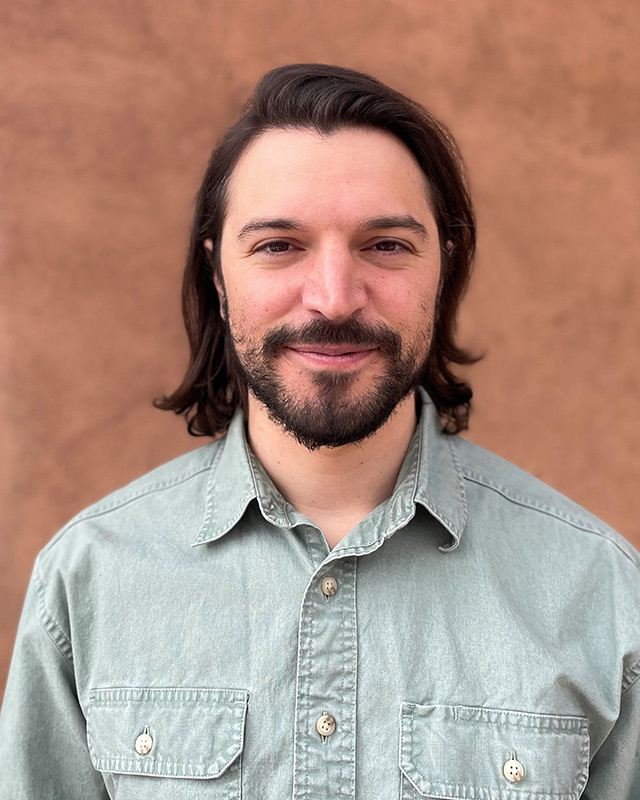
Dmitri Brown
Katrin H. Lamon Fellow
In the valley below the Manhattan Project site, the Tewa peoples maintained distinct political identities and worlds of meaning but were neither removed from nor unaffected by the incursion of the people and technology that forever changed the world. Brown’s research and interviews with the Tewa elders relate the stories and personal narratives of the Tewa world to recontextualize atomic modernity.
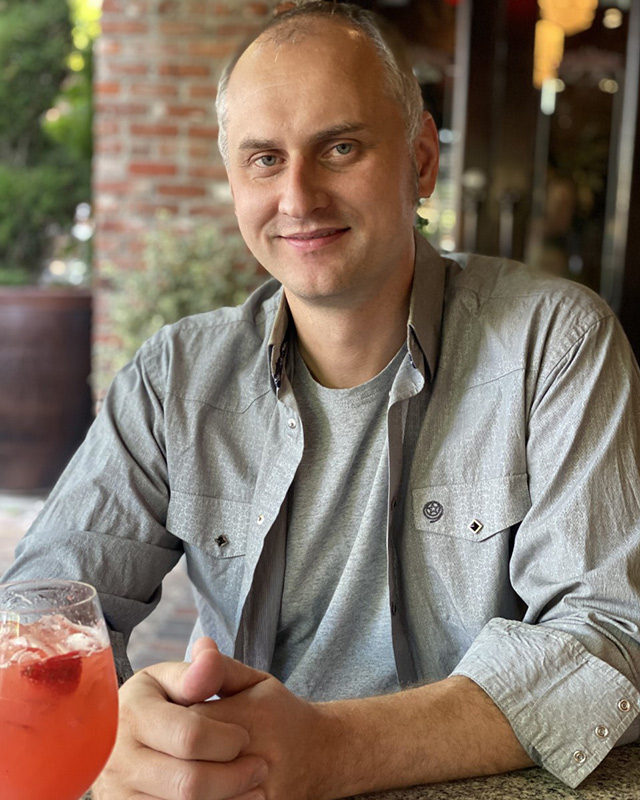
Klinton Burgio-Ericson
Mellon Fellow
Dr. Burgio-Ericson’s book project explores encounters among Pueblo Indians and Franciscan missionaries in the seventeenth-century Spanish borderlands. His interdisciplinary research demonstrates that mendicant mission residences (conventos) were living and working places for mixed communities of Spanish friars and coerced Indigenous laborers, and emphasizes the crucial role of Native and Latinx people in shaping the contested nature of our society today.
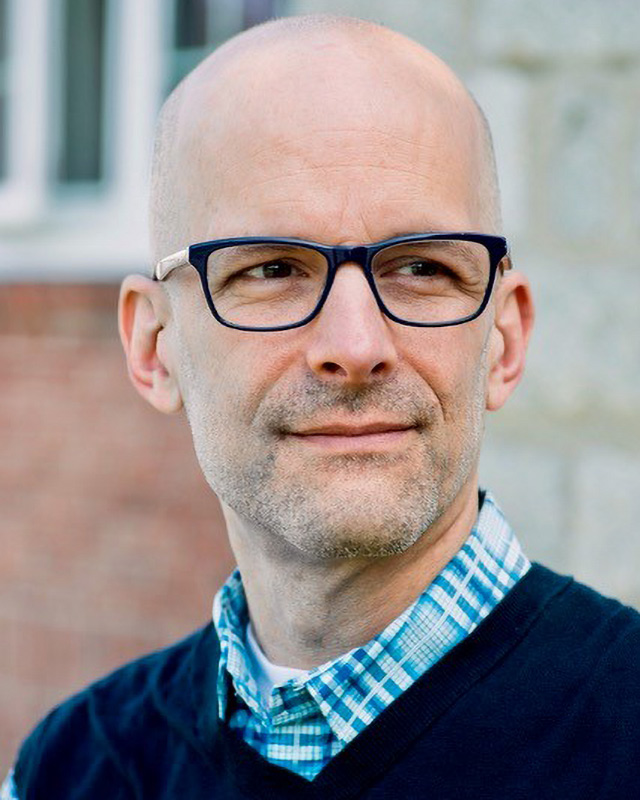
M. Benjamin Junge
Weatherhead Fellow
Dr. Junge presents an anthropological analysis of political sentiment and cultural memory among poor and working-class families in the northeastern Brazilian city of Recife. Combining analysis and fieldwork materials collected between 2016 and 2018, he explores how the period leading up to the divisive 2018 elections was experienced by formerly ascendant families facing conditions of precarity.
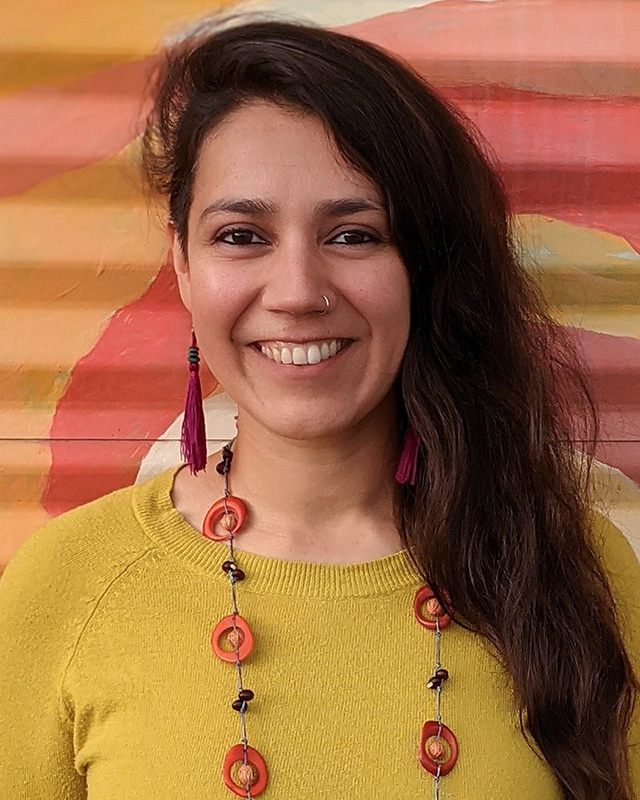
Adriana Linares-Palma
Paloheimo Fellow
Linares-Palma’s innovative community-based archaeological research project, carried out in collaboration with the ancestral authorities of Cotzal, Guatemala, provides a survey and collaborative mapping of sacred and Postclassic archaeological sites of Cotzal. It examines the ways in which both Ixil and archaeological knowledge can engage in conversation to deepen our understanding of Postclassic life.
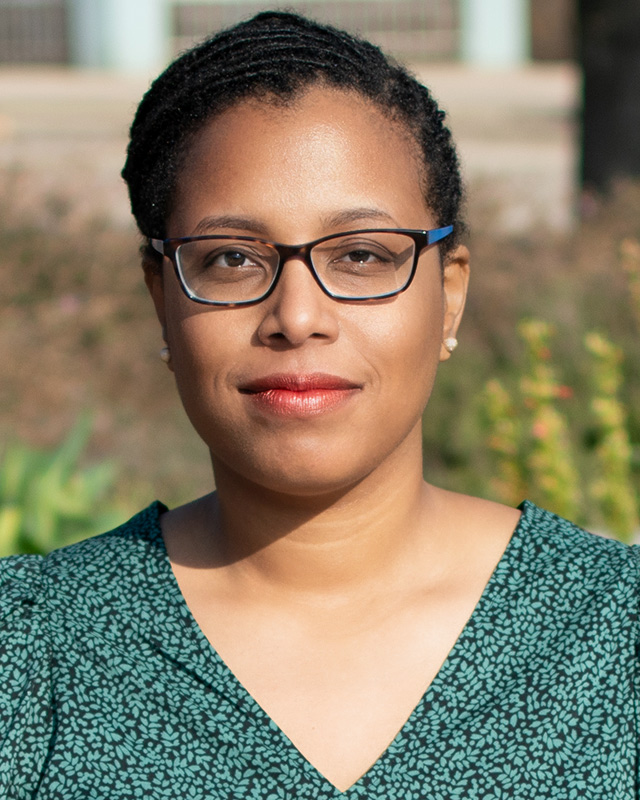
Chelsi West Ohueri
Weatherhead Fellow
Based upon extensive ethnographic research conducted over a period of twelve years, Dr. Ohueri’s book explores the meanings of race and its significance for Albanians, Roma, and Egyptians in Tirana, Albania. Ohueri analyzes marginalization and peripheral whiteness as part of race-making in the afterlife of communism, a moment rife with complexities surrounding identity and belonging.